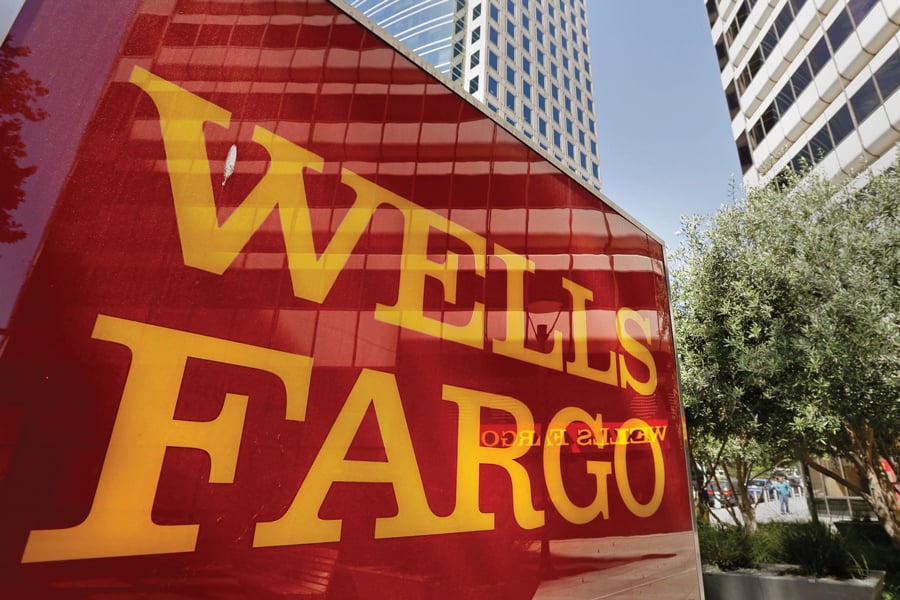Ten years after faulty mortgages upended the global financial system, Wells Fargo & Co. agreed to pay $2.09 billion to settle a U.S. probe into its creation and sale of loans that contributed to the disaster.
The long-anticipated penalty, announced Wednesday, is in line with what some analysts had predicted and smaller than sanctions borne by some of the bank's competitors. But the case offers a new look behind the scenes at decisions made inside one of the nation's largest home lenders before the crisis — and the evidence that executives saw of mounting trouble.
(More: Wells Fargo's latest issue emerges amid bank's rebranding campaign)
Investors including federally insured financial institutions ended up suffering billions of dollars in losses on securities that contained home loans from Wells Fargo, the Department of Justice said in a statement announcing the accord. The probe had focused on debts in which borrowers were allowed to state their incomes, without providing proof.
"Abuses in the mortgage-backed securities industry led to a financial crisis that devastated millions of Americans," Alex Tse, the acting U.S. attorney for the Northern District of California, said in the statement. "Today's agreement holds Wells Fargo responsible for originating and selling tens of thousands of loans that were packaged into securities and subsequently defaulted."
(More: Wells Fargo Advisors scrutinized by Justice Department)
The firm set out in 2005 to double the production of two types of risky mortgages, known as subprime and Alt-A. As part of the push, it loosened requirements for stated-income loans. Yet the bank's sampling and testing of the debts showed signs that information submitted was inaccurate too often, government investigators found.
(More: Wells Fargo Advisors continues to see a decline in brokers)
Shares of the bank pared earlier gains, but were still up 0.2% as of 2:09 p.m. in New York. Company spokesmen didn't immediately respond to messages seeking comment.
The San Francisco-based lender has been signaling the settlement's approach. In January, chief financial cfficer John Shrewsberry told Bloomberg his firm would likely hash out terms this year. While he declined to discuss the potential cost, the firm took a $3.3 billion litigation charge late in 2017, mainly for mortgage-related issues. Bloomberg Intelligence analyst Elliot Stein had estimated the settlement for mortgage-backed securities could cost more than $2 billion.







